You have not yet added any article to your bookmarks!

Join 10k+ people to get notified about new posts, news and tips.
Do not worry we don't spam!
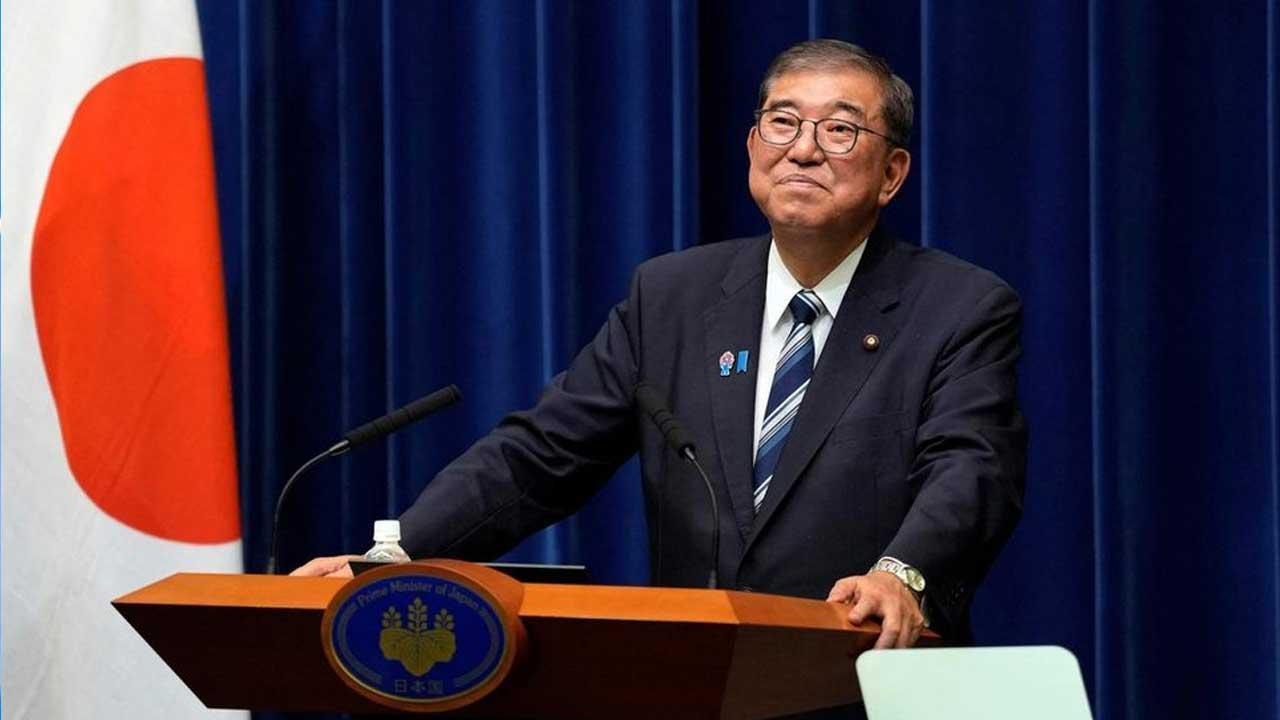
Post by : Rameen Ariff
Photo : Reuters
Japanese Prime Minister Shigeru Ishiba announced on September 7 that he would step down from his position, bringing an end to his brief but eventful tenure as the leader of Japan’s Liberal Democratic Party (LDP) and the nation’s Prime Minister. Ishiba, who assumed office on October 1, 2024, said he would remain in his role only until the LDP chooses a new leader to succeed him.
At a nationally televised press conference that lasted nearly 50 minutes, Ishiba appeared emotional, bowing and apologizing to the public. He said his decision to resign came after careful consideration and was aimed at preventing a growing rift within the LDP, which could have led to a major internal conflict.
“I am deeply sorry to the public for having to step down in this manner,” Ishiba said. “I will devote all my energy and focus during my remaining time to important policy issues and the wellbeing of our country.”
Ishiba’s resignation follows a significant moment in Japan’s international relations. On September 4, US President Donald Trump signed an executive order approving a trade deal with Japan, closing a chapter Ishiba had long described as a “national crisis.” The Prime Minister explained that with the trade negotiations concluded, he felt it was the right time to step aside.
“I have never been attached to my position,” Ishiba said. “As LDP president, I am responsible for the election results. Now that key negotiations have concluded, it is the right time for me to make this decision.”
Internal Party Pressure
Ishiba’s position within the LDP had become increasingly difficult. Rival party leaders, including former Prime Minister Taro Aso, openly challenged his leadership. Despite his achievements, Ishiba’s minority government faced criticism due to its struggles in elections and growing factional disputes within the party.
Ishiba, a long-time outsider and outspoken critic of entrenched party practices, defied expectations when he finally took office on his fifth attempt. He inherited a party weakened by a political funding scandal and burdened by deeply entrenched interests that clashed with his reform ideas.
The Prime Minister also had to manage rising public concerns, including inflation, increasing rice prices, and the rise of populist parties that gained support by criticizing foreign spending and government policies.
Election Setbacks
During his tenure, Ishiba faced three consecutive electoral challenges. The LDP lost ground in the Lower House elections in October 2024, the Tokyo Metropolitan Assembly elections in June 2025, and the Upper House elections in July 2025. The party now leads a minority government, relying on coalition partner Komeito and the cooperation of opposition parties to pass legislation.
The Upper House elections, in particular, shook Japanese politics, leaving the LDP vulnerable and in an unfamiliar position of weakness. Although traditionally party leaders would resign under such circumstances, Ishiba argued that the party’s struggles were not entirely his responsibility.
He also noted that critical policy issues required his attention, including the new US trade deal and upcoming national events such as the respectful observance of the 80th anniversary of World War II. His schedule was full, with visits from African leaders for a development summit, as well as South Korean President Lee Jae Myung and Indian Prime Minister Narendra Modi.
Public Support vs. Party Pressure
Despite a shift in public opinion in August, which showed a growing number of Japanese citizens favored Ishiba staying in office, internal party pressure remained strong. A clause in the LDP rules allowed for an extraordinary leadership election if a majority of elected lawmakers and regional representatives signed a petition, with a September 8 deadline looming.
“I have yet to fully restore public trust in politics,” Ishiba said. “This is my greatest regret. The LDP must remain a party that values tolerance, inclusion, and truly serves the people. If we fail, Japanese politics may fall into the hands of easy populism.”
He stressed that although his work was not complete, stepping down was necessary to prevent permanent damage to party unity. He expressed hope that his successor would lead the LDP in a way that would rebuild trust and modernize the party.
Achievements in Office
During the press conference, Ishiba highlighted the achievements of his government. His administration provided support for low-income families, raised the minimum wage, and implemented reforms to stabilize agricultural prices, particularly rice. Even as a minority government, Ishiba’s team managed to pass 67 out of 68 bills tabled in the Diet, a notable legislative success.
He also emphasized his diplomatic accomplishments but stressed the importance of defense readiness for Japan. “Seeing the leaders of China, Russia, and North Korea together at a recent military parade in Beijing made me realize how critical it is for Japan to strengthen its security capabilities,” he said.
However, Ishiba lamented that there was insufficient time to complete two key policy initiatives he had championed: the creation of a Disaster Prevention Agency and regional revitalization programs.
Analyst Views
Political analysts suggested that Ishiba’s resignation was inevitable given the faction-driven culture of the LDP. Mikitaka Masuyama of the National Graduate Institute for Policy Studies explained, “Although the LDP officially dissolved factions, lawmakers still operate in informal groups. Overcoming this internal structure was always going to be difficult for Ishiba.”
Dr. Toru Yoshida of Doshisha University added, “If Ishiba had refused to step down, the party would likely have forced his removal through an extraordinary election, which could have further damaged his reputation and caused more confusion.”
Next Steps
LDP presidents serve a three-year term. With Ishiba’s resignation, the party now needs to elect a new leader who will serve out the remaining two years of the term, ending in September 2027. The election date and voting procedure are yet to be confirmed, but the main contenders to succeed Ishiba are Agriculture Minister Shinjiro Koizumi, 44, and former Economic Security Minister Sanae Takaichi, 64.
Shigeru Ishiba’s decision to resign marks the end of a short but significant chapter in Japanese politics. His tenure was marked by efforts to reform the party, support citizens through social policies, and strengthen Japan’s international relations. Despite his achievements, internal party challenges and a complex political landscape made his resignation inevitable. The LDP now faces the task of selecting a new leader who can unify the party, maintain public trust, and continue Japan’s domestic and international agenda.
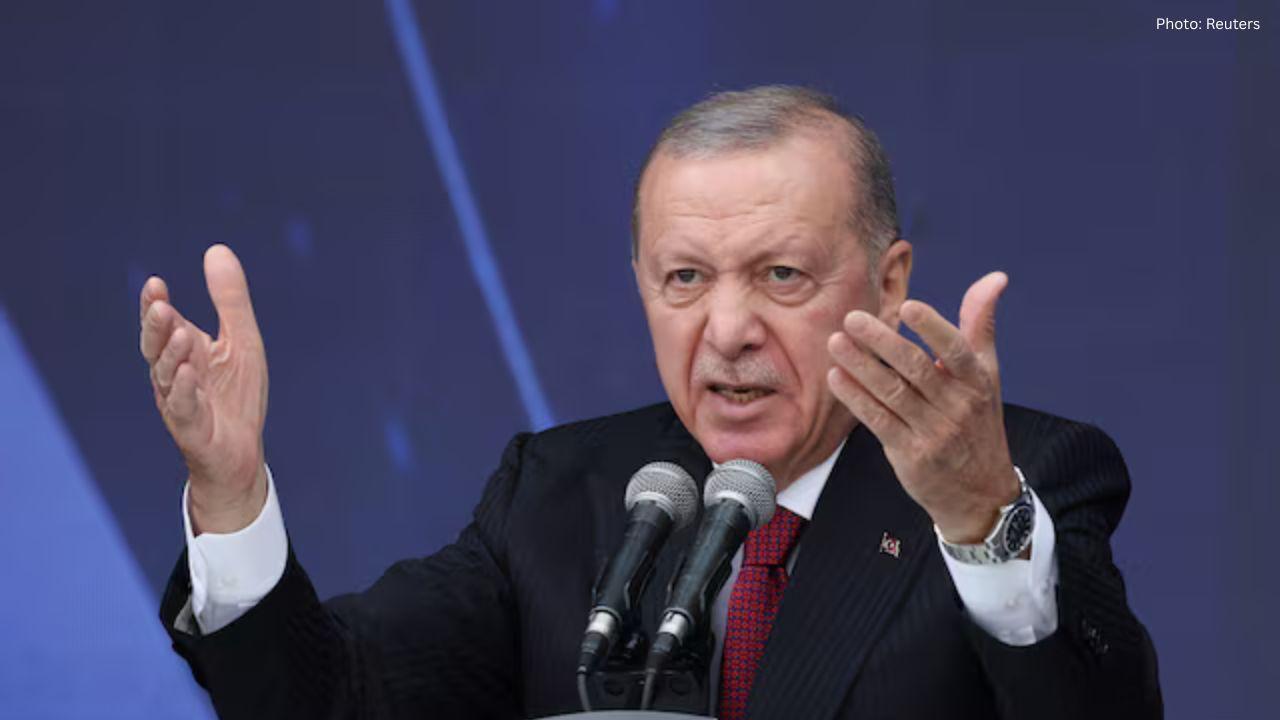
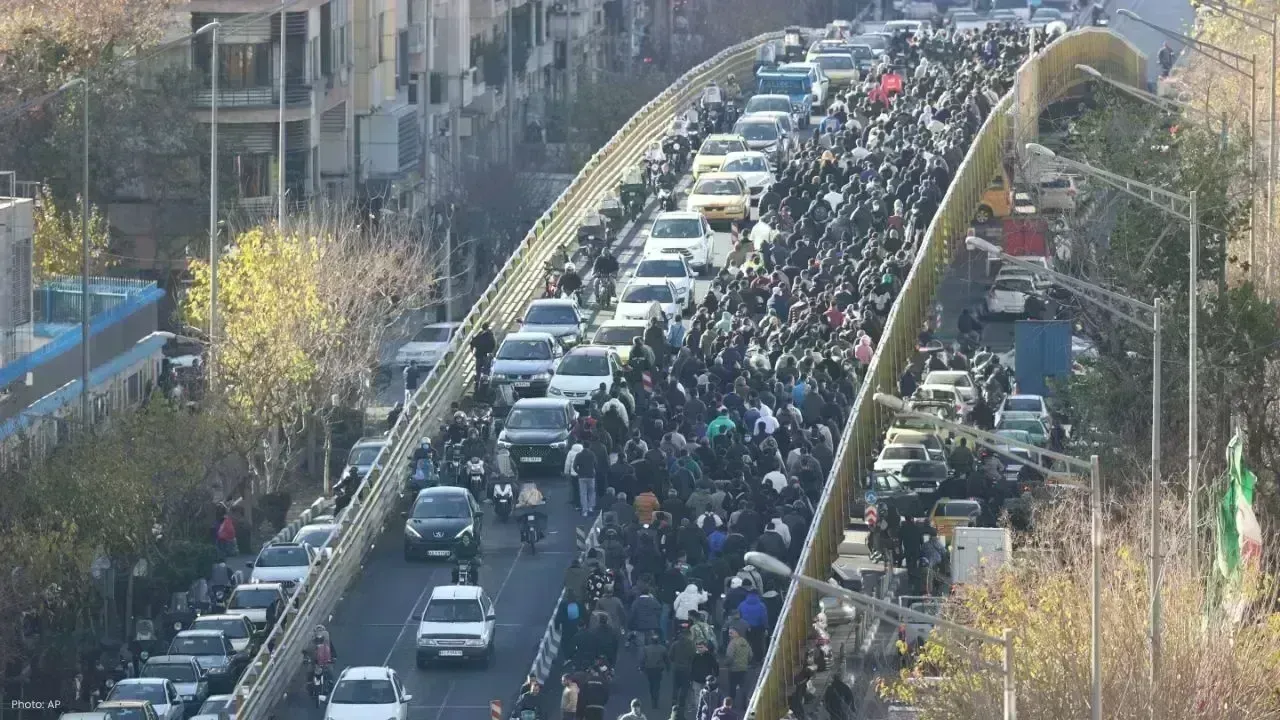
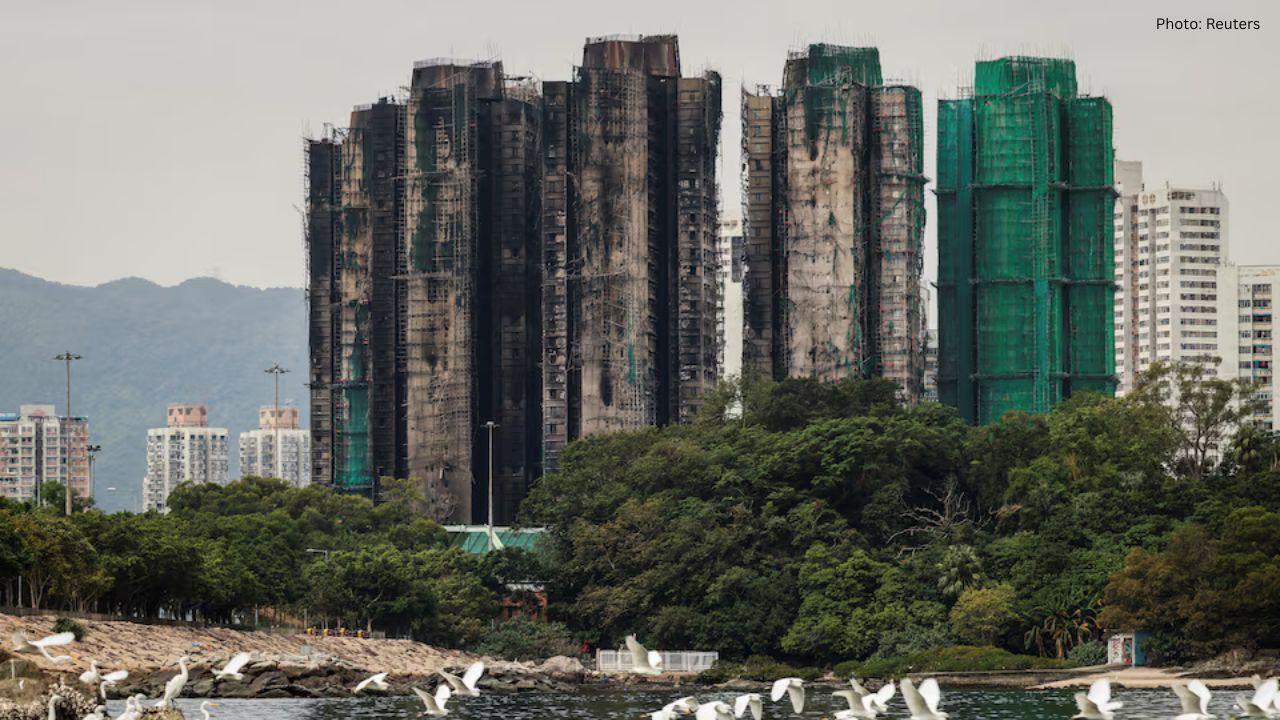
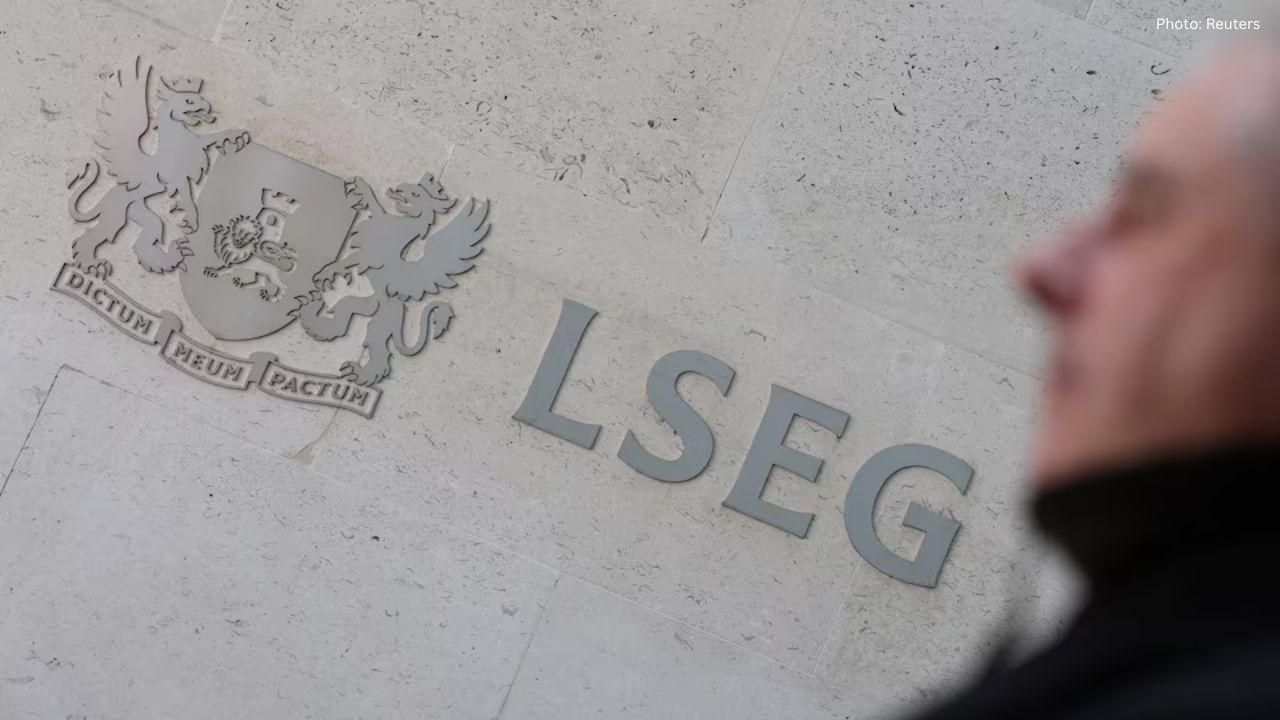




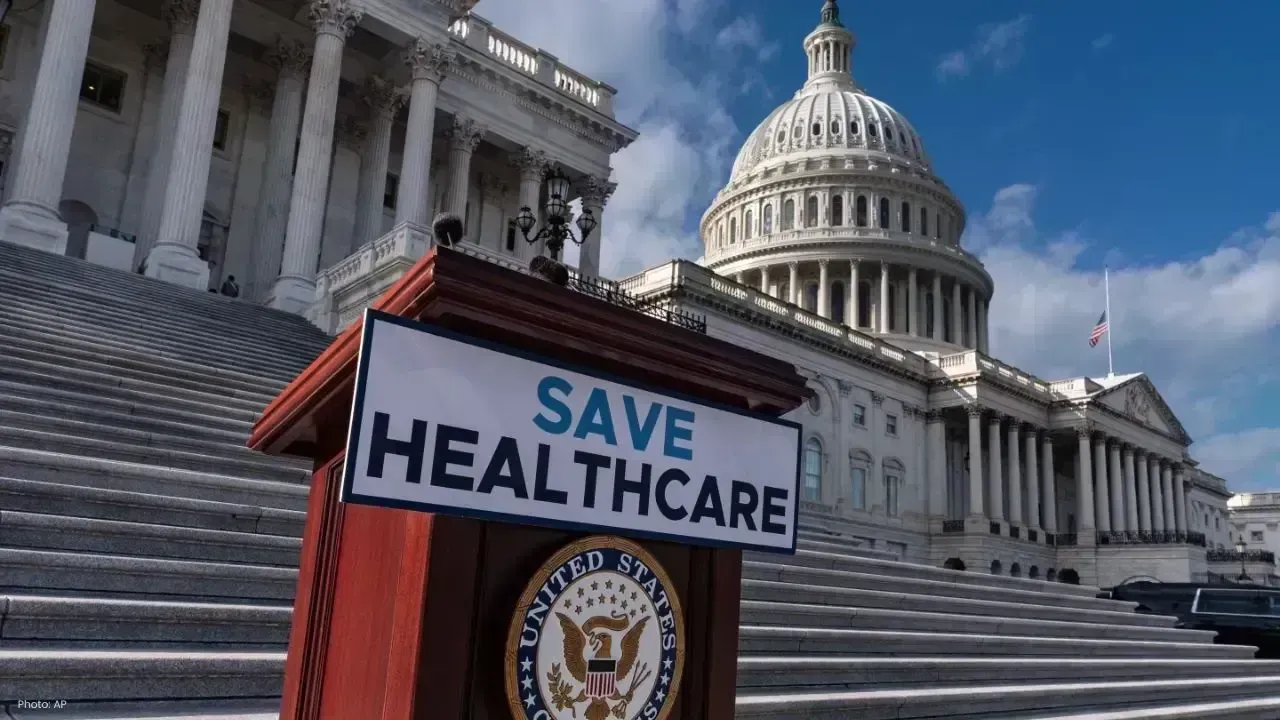

Ashes Failure Puts Brendon McCullum Under Growing England Pressure
England’s Ashes loss has sparked questions over Bazball, as ECB officials review Test failures and B
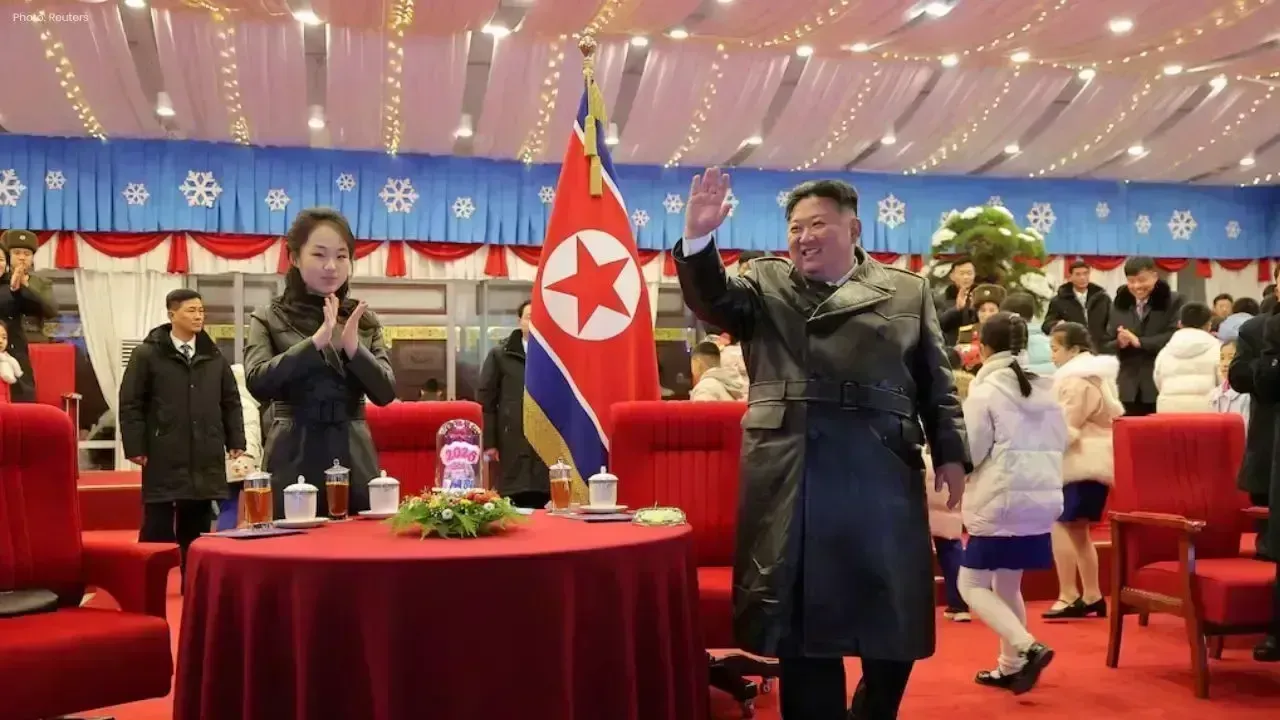
Kim Jong Un Celebrates New Year in Pyongyang with Daughter Ju Ae
Kim Jong Un celebrates New Year in Pyongyang with fireworks, patriotic shows, and his daughter Ju Ae

Dhurandhar Day 27 Box Office: Ranveer Singh’s Spy Thriller Soars Big
Dhurandhar earns ₹1117 crore worldwide by day 27, becoming one of 2026’s biggest hits. Ranveer Singh

Hong Kong Welcomes 2026 Without Fireworks After Deadly Fire
Hong Kong rang in 2026 without fireworks for the first time in years, choosing light shows and music

Ranveer Singh’s Dhurandhar Hits ₹1000 Cr Despite Gulf Ban Loss
Dhurandhar crosses ₹1000 crore globally but loses $10M as Gulf nations ban the film. Fans in holiday

China Claims India-Pakistan Peace Role Amid India’s Firm Denial
China claims to have mediated peace between India and Pakistan, but India rejects third-party involv